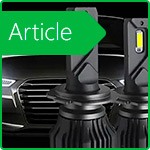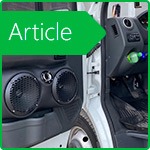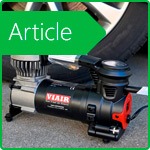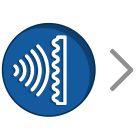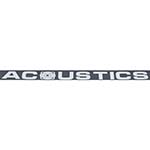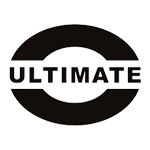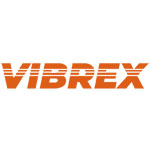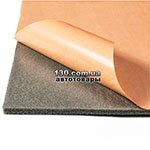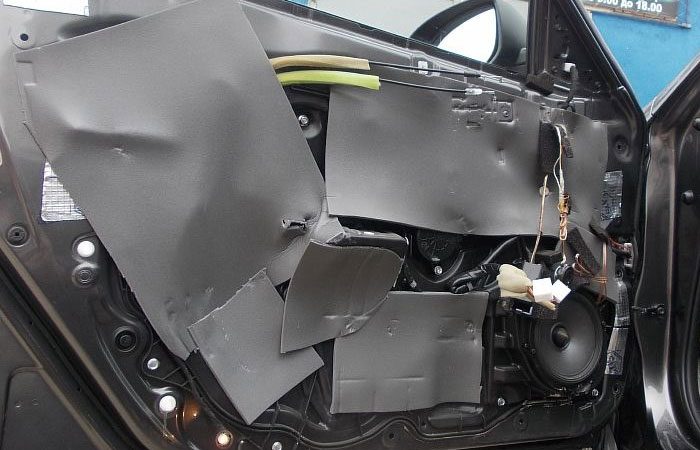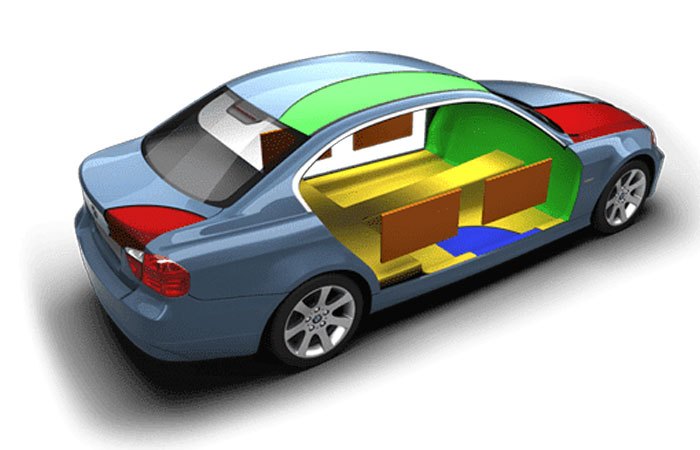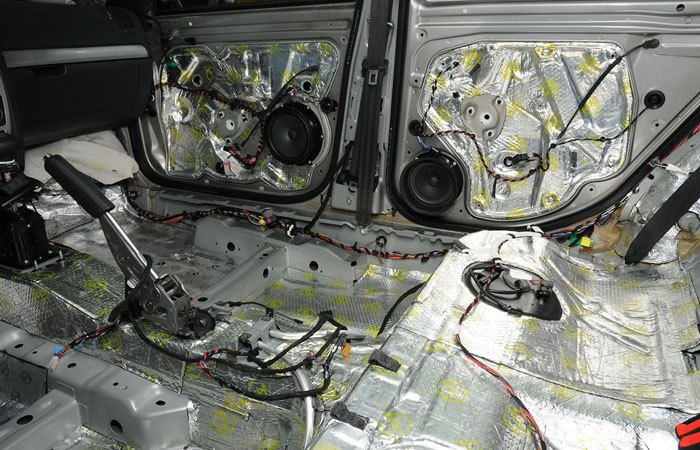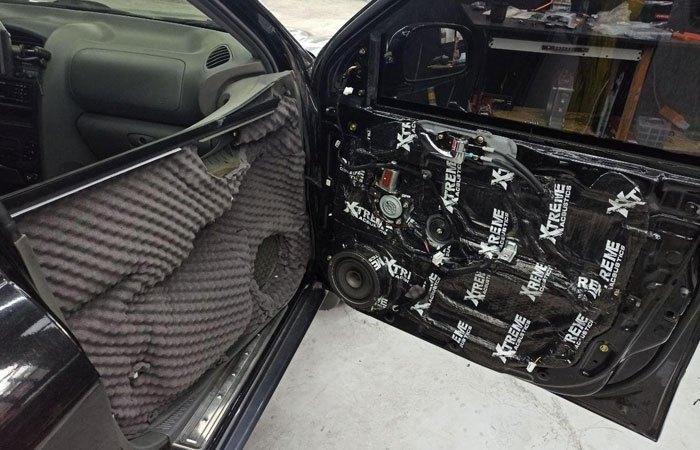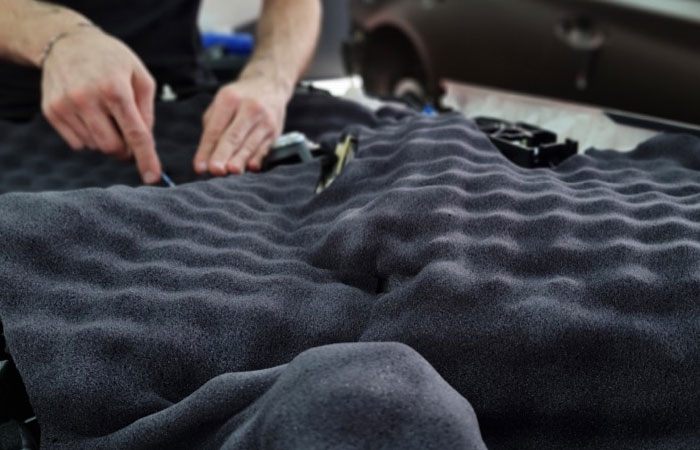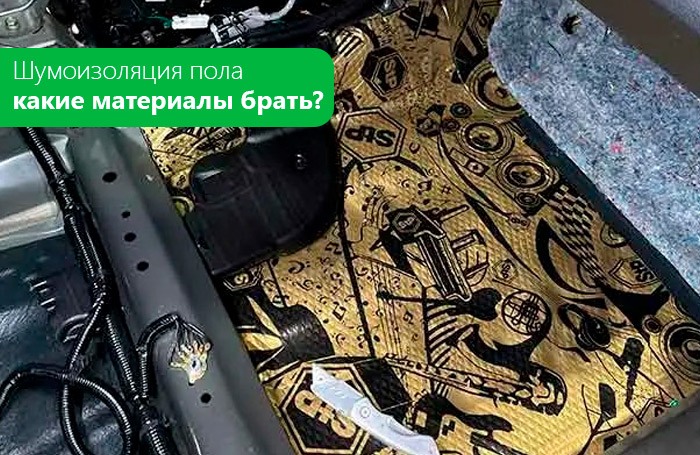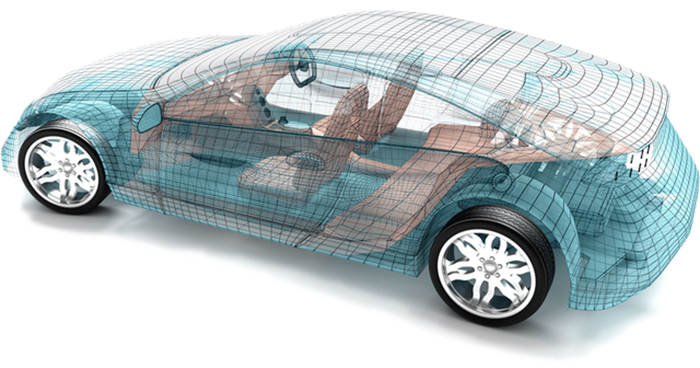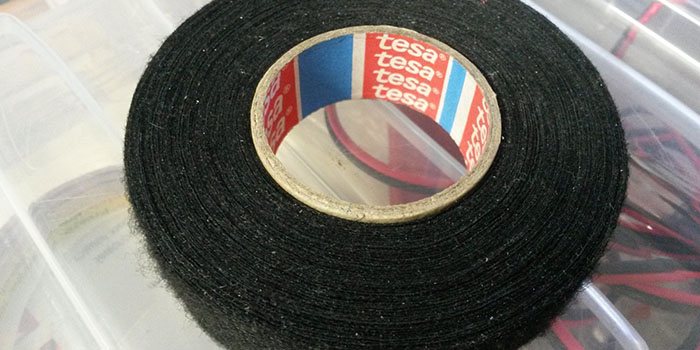Noise-isolation
Noise-isolation: Best sales
Last reviews about Noise-isolation
-
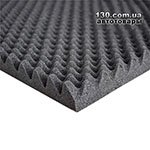 Noise-isolation ACOUSTICS SoundWave 15
Noise-isolation ACOUSTICS SoundWave 15Купував на обезшумку ВАЗ 2101, результатом задоволений. Першим слоєм проклеїв вібро 3 мм - ефект відчутний
-
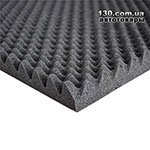 Noise-isolation ACOUSTICS SoundWave 35
Noise-isolation ACOUSTICS SoundWave 35Складывал листы при транспортировке – расправились снова до 35 мм, как и новые
-
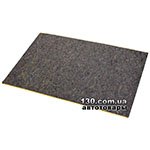 Noise-isolation ACOUSTICS Caiman 5
Noise-isolation ACOUSTICS Caiman 5Проклеил динамические арки и багажник - мотор и дорога стали тише, особенно заметно на трассе
-
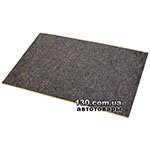 Noise-isolation ACOUSTICS Caiman 8
Noise-isolation ACOUSTICS Caiman 8Проклеил крышу и багажник - уровень шума сразу снизился, в салоне стало значительно спокойнее
-
 Noise-isolation ACOUSTICS Caiman 8
Noise-isolation ACOUSTICS Caiman 8Ідеально іде на дах, арки, багажник - дуже зручно в роботі та ефектно візуально
-
 Noise-isolation ACOUSTICS SoundWave 15
Noise-isolation ACOUSTICS SoundWave 15После плотной укладки листы вернулись к исходной структуре - форма не меняется даже через пару сжатий
Feature articles
|
Noise-isolation
Frequently Asked Questions
What is car noise insulation?
Car noise insulation is the process of installing special materials to reduce interior noise levels, improve acoustics and driving comfort.
Why do I need car noise insulation?
Noise insulation reduces external noises, makes the ride more comfortable and quieter, and improves the sound quality of the audio system.
What materials are used for car noise insulation?
For noise insulation, vibration isolators, noise absorbing materials, thermal insulation coatings and sound absorbing elements are used.
How to choose the best materials for noise insulation?
The choice depends on the type of noise to be eliminated and the area of the vehicle. It is recommended to choose materials from reputable manufacturers and consult with professionals.
Is it possible to make noise insulation of a car on your own?
Yes, noise insulation can be done on your own, but for the best results it is better to contact professionals.
What parts of the car are most important to soundproof?
First of all, the doors, floor, trunk, wheel arches and roof are soundproofed.
How long does it take to soundproof a car?
The time depends on the scope of work and the car model. On average, full noise insulation takes from one to three days.
What are the benefits of car noise insulation?
Noise insulation improves acoustics, reduces driver and passenger fatigue, and increases cabin comfort.
What types of car noise insulation are there?
There is full and partial noise insulation. Full soundproofing involves treating all major areas, while partial soundproofing involves treating only certain parts, such as doors or the floor.
How long do noise insulation materials last?
Quality materials last up to 10 years or more if properly installed and used.
How does noise insulation affect the acoustics in the car?
Noise insulation significantly improves the sound quality of the audio system by eliminating extraneous noises and vibrations.
What are the benefits of noise insulation in winter?
Soundproofing helps keep the interior warm by reducing cold air infiltration and improving insulation.
How do noise-absorbing materials work?
Noise absorbing materials absorb sound waves, reducing their reflection and propagation. They are used to treat the roof, doors and interior.
What materials are best for door noise insulation?
For doors, 2-3 mm thick vibration isolators and 5-8 mm thick noise absorbing materials such as bituminous mats and acoustic foam are suitable.
What materials are best for noise insulation of the car floor?
For floors, dense 3-4 mm thick vibration isolators and 10-15 mm thick noise-absorbing materials such as butyl mats and multi-layer coverings are recommended.
What materials are best for roof noise insulation?
Lightweight vibration isolators with a thickness of 2 mm and noise absorbing materials with a thickness of 5-10 mm, such as acoustic foam and polyethylene foam, are suitable for the roof.
How to choose materials for noise insulation of wheel arches?
For wheel arches use materials resistant to moisture and dirt with a thickness of 4-6 mm, such as vibroplasts and noise-absorbing mats.
What materials should I use for trunk noise insulation?
Dense 3-4 mm thick vibration isolators and 10-15 mm thick sound absorbing materials such as bituminous mats and acoustic mats are suitable for the trunk.
How to choose materials for engine noise insulation?
For engine noise insulation, heat and noise absorbing materials with a thickness of 10-15 mm, such as polyurethane foam coatings, are used.
What materials are best for noise insulation of the hood?
For the hood, 8-10 mm thick thermal insulation materials are used, which also have noise-absorbing properties.
What materials are best for noise insulation of the torpedo?
Thin sound absorbing materials with a thickness of 5-8 mm, such as acoustic foam and polyethylene foam, are suitable for the torpedo.
What are the best materials for noise insulation of the ceiling?
For the ceiling, lightweight 2 mm thick vibration isolators and 5-10 mm thick noise-absorbing materials such as acoustic foam and foil mats are used.
How to choose the best materials for noise insulation of the whole car?
Select materials according to their thickness and the type of noise to be eliminated. It is recommended to use multi-layer combinations of vibration and noise absorbing materials to maximize the effect.
Price of top noise-isolation
Noise-isolation ACOUSTICS SoundWave 35 — 589 UAH
Noise-isolation ACOUSTICS SoundWave 15 — 393 UAH
Noise-isolation ACOUSTICS SoundWave PRO PU 15 (100 sm x 75 sm) — 822 UAH
Noise-isolation ACOUSTICS SOFT VAR 10 — 178 UAH
Noise-isolation ACOUSTICS Splen nx 8 — 162 UAH
Which noise-isolation belong to the premium segment?
Noise-isolation ACOUSTICS SoundWave PRO 35 (100 sm x 50 sm) — 1 092 UAH
Noise-isolation ACOUSTICS SoundWave PRO PU 15 (100 sm x 75 sm) — 822 UAH
Noise-isolation ACOUSTICS SoundWave PRO 15 (100 sm x 75 sm) — 762 UAH
Noise-isolation ACOUSTICS Damper Light Pyramid 30 (100 sm x 75 sm) — 615 UAH
Noise-isolation ACOUSTICS SoundWave 35 — 589 UAH
Which noise-isolation are the cheapest?
Sealing tape ACOUSTICS Antiscrip 6 — 75 UAH
Noise-isolation ACOUSTICS Caiman 5 — 83 UAH
Sealing tape Ultimate Antisqueak — 95 UAH
Noise-isolation ACOUSTICS Caiman 8 — 101 UAH
Noise-isolation ACOUSTICS Splen nx 4 — 112 UAH
Which noise-isolation are the most discounted?
Sealing tape Ultimate Antisqueak — 95 UAH
What are the newest noise-isolation 2025?
Noise-isolation ACOUSTICS Damper Light Pyramid 30 (100 sm x 75 sm) — 615 UAH
Noise-isolation ACOUSTICS SoundLine 7 PRO (100 sm x 75 sm) — 548 UAH
Noise-isolation ACOUSTICS SoundWave PRO PU 15 (100 sm x 75 sm) — 822 UAH
Noise-isolation ACOUSTICS SoundWave PU 15 (100 sm x 50 sm) — 558 UAH
Noise-isolation ACOUSTICS Multimat Electro 6.5 (70 sm x 50 sm) — 486 UAH
What are the prices of noise-isolation?
Minimum price - 75 UAH
Average price - 313 UAH
Maximum price - 1 092 UAH














